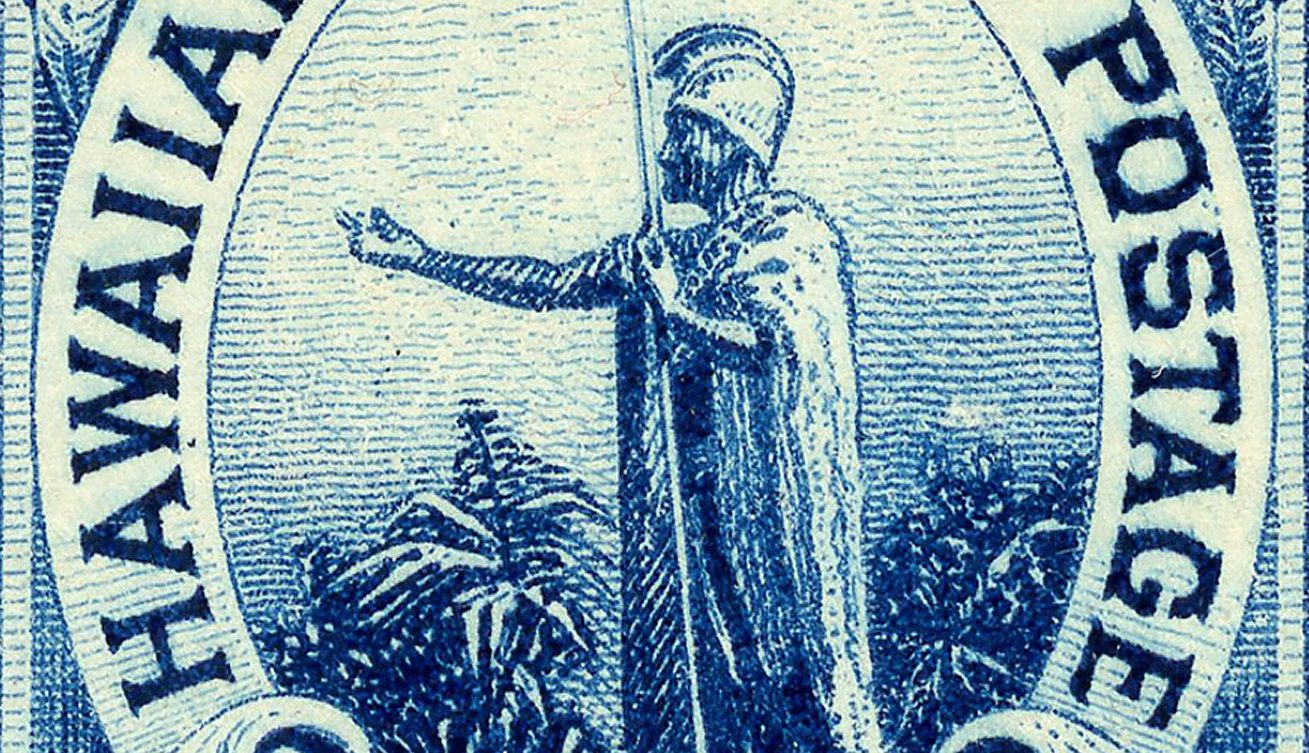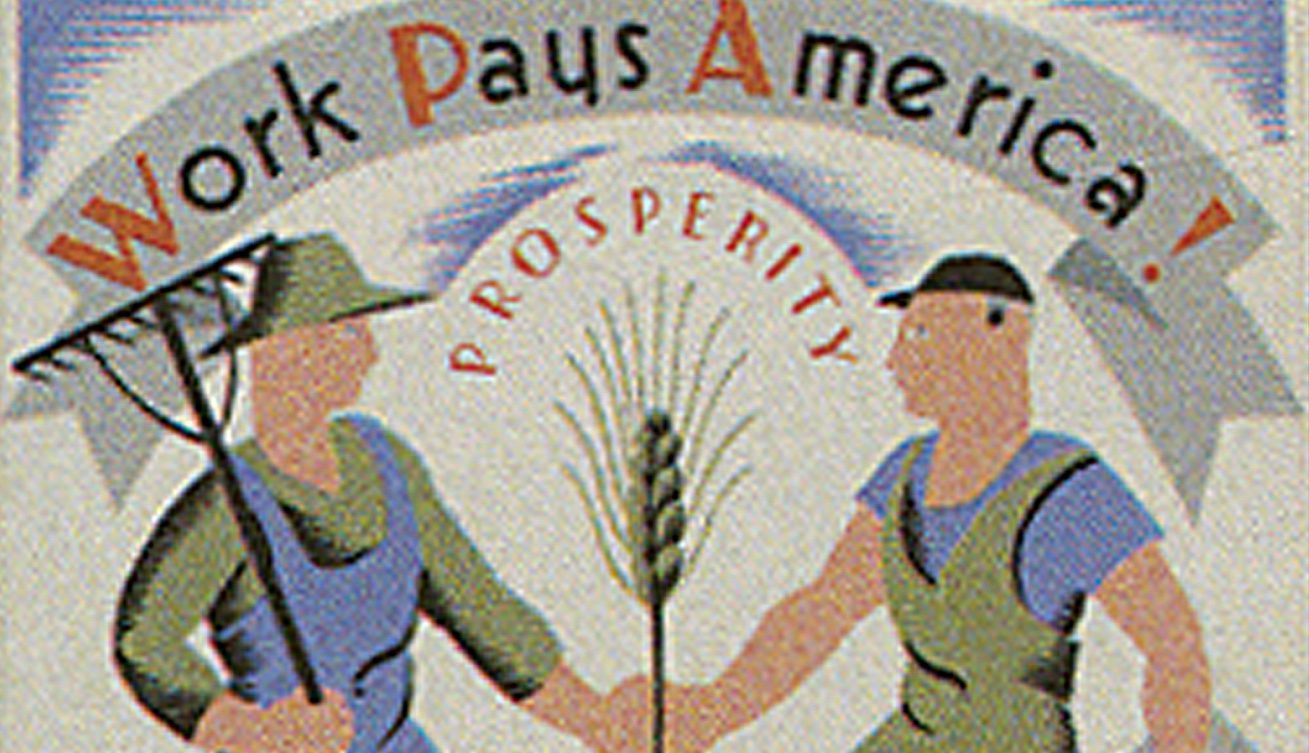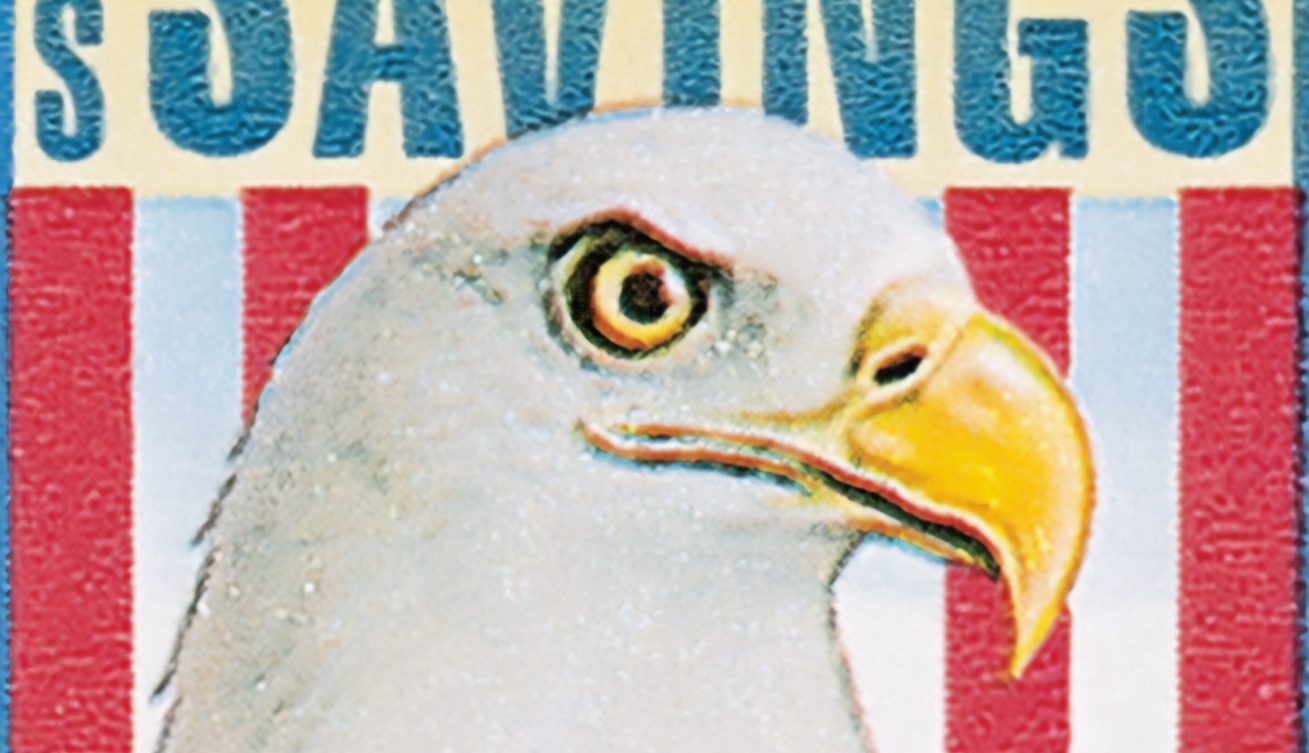Discovery of the Inverted Jenny
On May 14, 1918, stamp collector William Robey discovered the rare Inverted Jenny error sheet. One of the most famous US stamp errors, he found the only known sheet to reach public hands.

On May 14, 1918, stamp collector William Robey discovered the rare Inverted Jenny error sheet. One of the most famous US stamp errors, he found the only known sheet to reach public hands.

On May 11, 1935, President Franklin Roosevelt signed legislation establishing the Rural Electrification Administration (REA). The REA brought power to millions on remote farms.
On May 10, 1775, Ethan Allen and Benedict Arnold led a small colonial militia to capture Fort Ticonderoga from the British.

The first king of the Kingdom Hawaii, King Kamehameha I, is believed to have died on May 8, 1819. Kamehameha was the first chief to unite the Hawaiian islands and remains a revered figure in the state today.

On May 7, 1992, the Space Shuttle Endeavour embarked on its first mission, STS-49. America’s fifth and final operational shuttle, it would go on to fly 122,883,151 miles and spend 299 days in space.

On May 6, 1935, President Franklin D. Roosevelt issued Executive Order 7034, establishing the Works Progress Administration. The WPA provided jobs for 8.5 million people in the midst of the Great Depression.

On May 4, 1974, Expo ’74 opened in Spokane, Washington. “Celebrating Tomorrow’s Fresh New Environment,” it was the first world’s fair to focus on environmental themes.

On May 3, 2000, the USPS issued the first stamps in the Distinguished Servicemen Series. These stamps were intended as a tribute to all servicemen, not just the soldiers they pictured.

On April 30, 1941, President Franklin Roosevelt announced a new series of US Savings Bonds and bought the first one himself the following day. These bonds went on to help raise over $185 billion dollars during WWII.